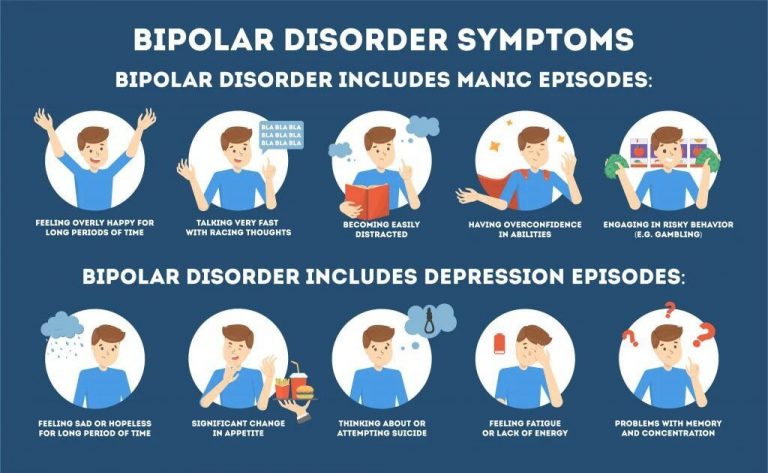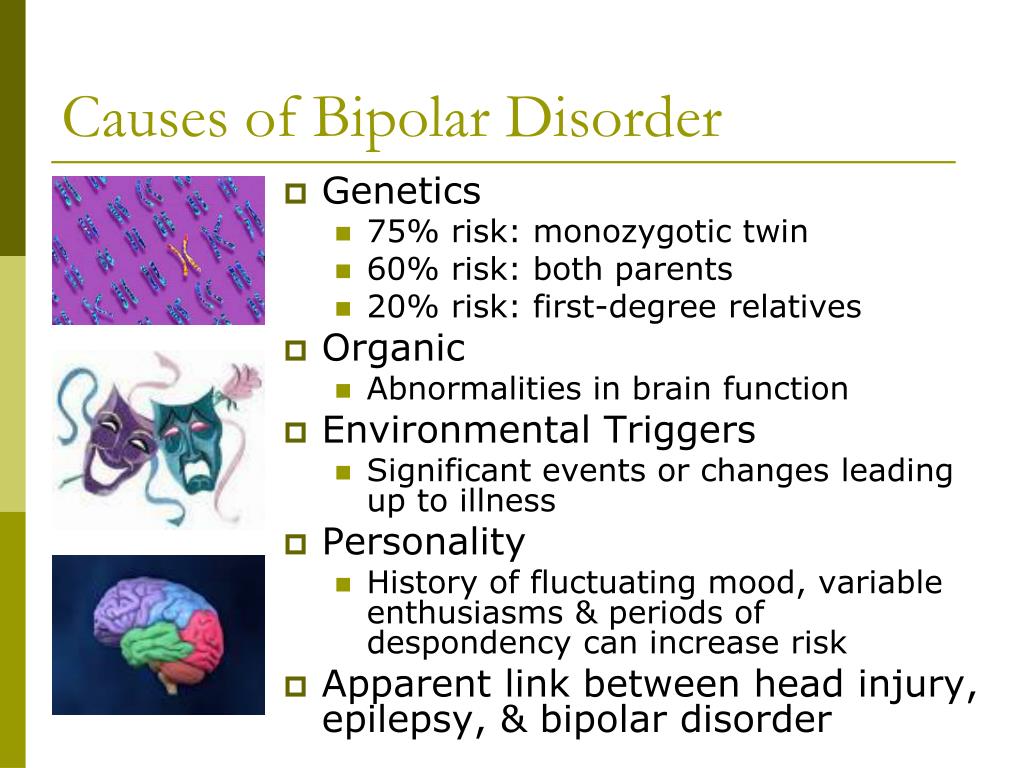What Can Cause Bipolar Disorder
Bipolar disorder is a mental health condition that is characterized by extreme mood fluctuations. People with this condition go through periods of intense highs, known as manic episodes, and periods of deep lows, known as depressive episodes. These episodes can last for weeks or months at a time, and can significantly impact a person's ability to function in their daily life.
What Causes Bipolar Disorder?

While the precise cause of bipolar disorder is not known, researchers believe that there are several factors that contribute to the development of this condition. These factors include genetics, environmental factors, and differences in brain chemistry.
Studies have shown that there is a genetic component to bipolar disorder, as it tends to run in families. Additionally, environmental factors such as stress, trauma, and substance abuse can trigger the onset of symptoms in people who are predisposed to the condition. Finally, differences in brain chemistry, specifically in the levels of neurotransmitters such as dopamine and serotonin, have also been linked to bipolar disorder.
Signs and Symptoms of Bipolar Disorder

The symptoms of bipolar disorder can vary widely from person to person, and can be divided into two categories: manic symptoms and depressive symptoms.
Manic symptoms can include feelings of elation, grandiosity, impulsivity, and poor judgement. People in a manic episode may engage in risky behaviors, may talk rapidly and non-stop, and may have trouble sleeping.
Depressive symptoms can include feelings of sadness, hopelessness, guilt, and worthlessness. People in a depressive episode may experience changes in appetite and sleep patterns, may lose interest in activities they once enjoyed, and may have trouble concentrating.
Diagnosis and Treatment
If you suspect that you or a loved one may be experiencing symptoms of bipolar disorder, it is important to seek out a mental health professional for an accurate diagnosis. Diagnosis typically involves a thorough evaluation of a person's symptoms and medical history, as well as ruling out other medical conditions that may mimic bipolar disorder.
Treatment for bipolar disorder typically involves a combination of medication and therapy. Medications such as mood stabilizers and antipsychotics can help to manage symptoms, while therapy can help individuals develop coping skills and improve their overall quality of life.
Conclusion
Bipolar disorder is a complex and challenging condition, but with the right treatment and support, people with this condition can lead fulfilling and meaningful lives. If you suspect that you or someone you love may be experiencing symptoms of bipolar disorder, don't hesitate to reach out for help. With the right diagnosis and treatment, there is hope for recovery.